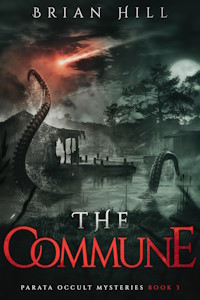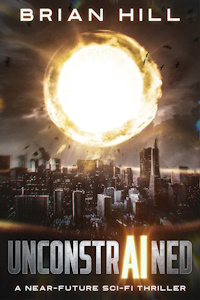For the last few years, I’ve developed a new love in regards to video games, which is weird for a guy who has been playing video games pretty consistently for over 30 years. However, I recently ‘discovered’ one of first types of games, in fact the precursor to the standard CRPG: Roguelikes.
What makes a roguelike isn’t unanimously agreed upon (and is argued about quite extensively by people with so much free time that they choose to spend it arguing about games), but it’s basically a game that contains many of the elements of the original Rogue game, namely:
- Procedural generation – Dungeons are almost universally procedurally generated, but, often, so are treasure and monsters.
- Permadeath – Once you die, that’s it. Start over. No extra lives, no restoring from a previous save.
- High difficulty – Making death quite common.
- Turn based – Allowing you time to think about the next move, and the high difficulty often requires this ability.
- Highly tactical
- RPG-like progression – Characters ‘level up’, improving as you progress deeper into the dungeon
Now, at first blush, these qualities might make roguelikes seem like a crucible of pain. Honestly, that’s not far from the truth, but the thing you don’t immediately realize is that the pain is what makes success so sweet. See, there is almost a life lesson in roguelikes, and that lesson is that when you succeed at something really hard, especially after trying hundreds of times and failing (but learning), the rush is phenomenal. The thing it most equates to in my personal experience is learning to play a very complex musical piece. It may take tens or hundreds of hours of practice, where each time you fuck it up a little less than the last, but once you nail it that first time, it’s…magical. Roguelikes are like that.
Roguelikes often also have a secondary lesson about scarcity and rarity. Since items are generally procedurally generated, roguelikes are like the proverbial box of chocolates…you never know what you are going to get. Sometimes, something incredibly mundane, like food or a healing item, may be the most valuable thing you can imagine. When you are starving to death, you’d trade 1000 +5 Vorpal Swords for one ham on rye.
Other times, an entirely normal gaming sessions can become epic by finding one item early on that completely changes the complexity of the game. Or you may find a unique item that only spawns once in every few hundred games. These kind of things make that session precious, and just like Gollum, you want to protect the precious.
Anyhow, since most roguelikes are pure ASCII, and an ancient style of game, I always assumed the latest RPGs were better. And to be fair, some of them are damn good (the case can be made for Daggerfall being the most ambitious roguelike ever made). As I got older, though, I found I liked standard RPGs less and less. I wanted brutally hard, tactical, complex games that inspired me to run through an open world and create my own story. What I’ve gotten lately is one-button click-fests that have a prepackaged, cut-scene rendered story and are literally impossible to lose. How can you feel a rush winning in one of those?
So I began a journey into older and older RPGs, eventually stumbling into the roguelike genre. Once hooked, I found I really can’t go back. I’ve played the last two Drakensang RPGs, and while good, they just don’t hold my interest until the end (despite quite a bit of complexity in mechanics). Kingdoms of Amalur didn’t even hold my interest through the tutorial dungeon. Divinity: Original Sin has had the most success holding my interest, but it failed at the end, when it all just became a chore (as most RPGs become near the end). Roguelikes almost never get this way, partially because there’s always something new to discover, and partially because you can always die screaming.
In any event, since this is running long, in the next post on this subject I’ll briefly review several roguelikes that have sucked up way too much of my life.



Recent Comments